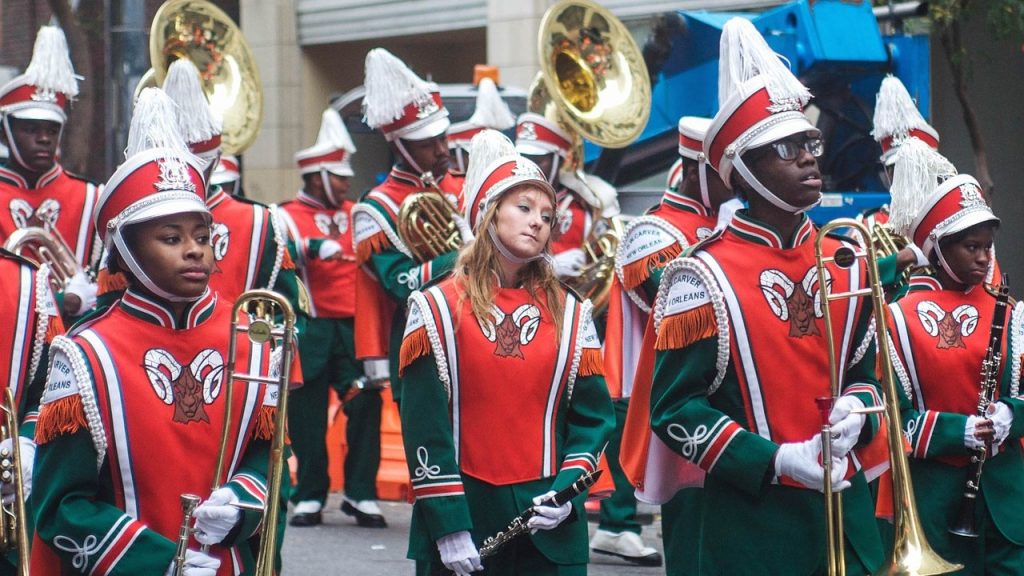Major City School District Lifts Age-Old Jazz Music Ban
The birthplace of Jazz Music has finally lifted an age-old banning barring jazz music and dancing inside public schools.

Since the death of George Floyd in 2020, there has been a tremendous uptick in the conversation regarding systemic racism in public education. Schools across the United States have torn down statues and even changed their names in the name of civil rights. And while the practice of such transformations has been questioned by many, one major city school district is addressing what they have deemed systemic racism through melody, as the Orleans Parish School Board lifted its age-old ban on jazz music inside schools.
As a story fit for its own rendition of Footloose, the school board within New Orleans voted unanimously last Thursday night to repeal a ban on jazz music and dancing in public schools. Ironically, the decision was made exactly 100 years after the original resolution was passed. With no opposition to repeal the ludicrous ruling, the NOLA school board President rejoiced in the board decision, as he declared the ban to have been rooted in racism.
As school board President Olin Parker commented during the meeting, he said that he wanted to “acknowledge the tremendous contributions of our students and especially of our band directors whose legacy continues from 1922 on now through the carnival season.” Similarly, Dr. Ken Ducote, the executive director of the Greater New Orleans Collaborative of Charter Schools called the jazz music ban “absurd”. According to Ducote, the archaic ruling was done so out of one previous school board member’s personal preferences.

Known as the birthplace of Jazz music, New Orleans has a long history of cultural enrichment from Africa. By the end of the 1700s, African-Americans made up more than half of The Big Easy’s population. African Americans were known to have grandfathered the musical movement in the city, through elements of blues and rural dances.
According to the Associated Press, the ruling that started the ban on jazz music and dancing in New Orleans public schools was first implemented on March 24, 1922. The decree came from Adolph Baumgartner, who at the time said he witnessed “rough dancing” at school events. The board recognized that Baumgartner’s outcry was likely racially driven and in part a reaction to common fears of that period.
Board member Katherine Baudouin pointed out that since the ruling was put in place so long ago, many schools, teachers, and students have overlooked the outlandish ban. But people like Ducote still saw the issue as needing to be addressed. According to Ducote, public schools throughout New Orleans have long played a significant role in the curation and expansion of New Orleans jazz music. Similarly, he said that the ability to perform such arts in schools has boosted the local economy, as students often go on to become jazz musicians, church vocalists, and even future band teachers.
Regardless of whether or not schools were already ignoring the age-old ruling barring jazz music from being performed inside New Orleans’ public schools, the new ruling is hopefully something everyone can agree was needed. In a time when school twerking has become an issue or books are being banned for having the word “butt” in them, the reemergence of Black culture, particularly through music, is a positive. But schools across the nation have much bigger fish to fry, as the fight for public education choice and transparency rages on.



